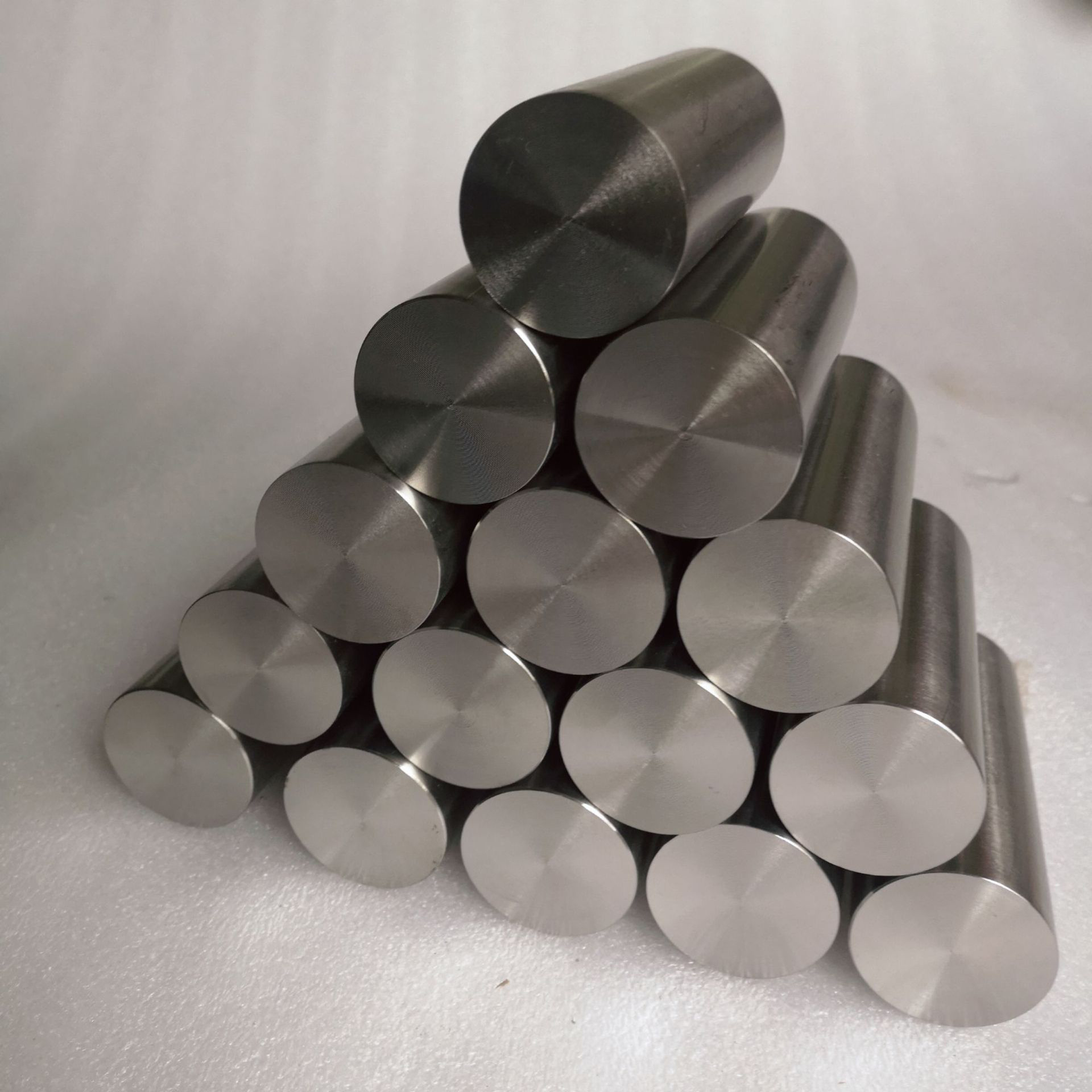The Ultimate Guide to Titanium Alloys
Title: The Ultimate Guide to Titanium Alloys: Discover Their Unique Properties and Wide-ranging Applications
Introduction:
Titanium alloys have emerged material in various industries, including aerospace, medical, and automotive, to name a few. With their exceptional strength-to-weight ratio, corrosion resistance, and high-temperature capabilities, titanium alloys have become the preferred choice for many engineers and designers. In this blog post, we will delve into the world of titanium alloys, exploring their unique properties and wide-ranging applications.
1. Titanium Alloy Overview:
Titanium alloys are materials composed primarily of titanium, with additional elements such as aluminum, vanadium, iron, and molybdenum to enhance their mechanical properties. These alloys are known for their excellent combination of strength, fatigue resistance, and corrosion resistance, making them ideal for demanding applications.
2. Unique Properties of Titanium Alloys:
a. High Strength-to-Weight Ratio: Titanium alloys have a remarkable strength-to-weight ratio, making them lighter and h4er than many other metals. This property is particularly crucial in industries such as aerospace and automotive, where weight reduction is a top priority.
b. Corrosion Resistance: Titanium alloys exhibit excellent corrosion resistance, making them suitable for applications in harsh environments, such as chemical processing and offshore platforms.
c. High-Temperature Capabilities: Titanium alloys can withstand high temperatures, making them suitable for applications in aerospace engines and industrial equipment where elevated temperatures are encountered.
d. Excellent Biocompatibility: Titanium alloys are highly biocompatible, making them popular in the medical industry for implants, prosthetics, and dental appliances.
 3. Wide-Ranging Applications of Titanium Alloys:
3. Wide-Ranging Applications of Titanium Alloys:
a. Aerospace and Defense: Titanium alloys are widely used in the aerospace industry for aircraft structural components, landing gears, and engine parts. Their high strength-to-weight ratio and corrosion resistance make them ideal for critical applications in aircraft construction.
b. Medical Industry: Titanium alloys are extensively used in the medical field for implants, such as artificial joints and dental implants, due to their excellent biocompatibility and corrosion resistance.
c. Automotive Industry: Titanium alloys are increasingly being used in the automotive industry for lightweighting applications, improving fuel efficiency and overall performance of vehicles.
d. Chemical and Petrochemical Industry: Titanium alloys are used for equipment and components exposed to corrosive media, such as chemical processing plants and offshore platforms.
e. Sports and Recreation: Titanium alloys find their way into sports equipment, such as bicycles, golf clubs, and racing cars, benefiting from their high strength and lightweight nature.
Conclusion:
Titanium alloys offer a unique combination of properties that make them invaluable in various industries. From their high strength-to-weight ratio and corrosion resistance to their excellent high-temperature capabilities and biocompatibility, titanium alloys continue to revolutionize the way we design and manufacture products. As technology advances and industries demand more from their materials, titanium alloys are poised to play an even greater role in shaping the future of engineering and manufacturing.
Metal Dealer Teda In China
We cater to global markets, including Africa, America, Asia, Europe, the European Union, and the Middle East. Contact us today to request a free estimate or send an enquiry on : sales1@tedaganghua.com Whatsapp: +86 15822676888Welcome to our website! https://www.tedametal.com/ & https://www.teda-metal.com/ & https://www.teda-aluminum.com/
评论
发表评论